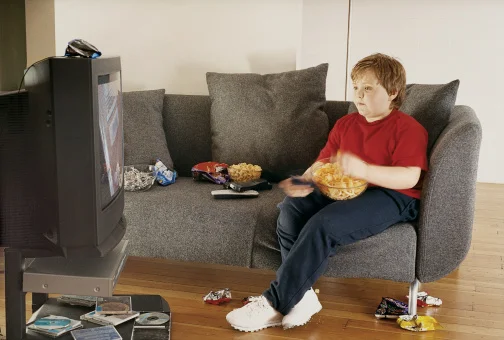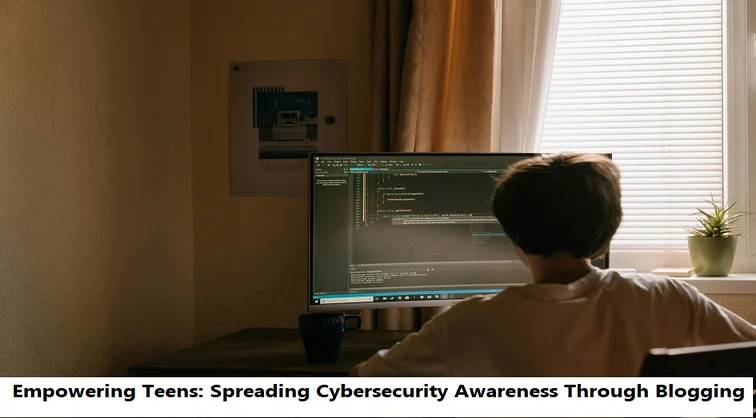+1 845 259 2974 (11 a.m to 7 p.m CST)
The television screen looms larger in the child obesity epidemic

Kids and teens from the ages 8 to 18 years spend nearly 4 hours a day in front of a TV screen and almost 2 additional hours on the computer (outside of schoolwork) and playing video games. Counting all media outlets, 8-18 year-olds devote an average of 7 hours and 38 minutes to using entertainment media across a typical day. Several researches identify a deep relation between the amount kids spend viewing television and obesity. Studies that track children for a long time say that kids who devote a lot of time to the screen are more likely to get obese. Children who have television sets in their bedrooms have a greater chance of gaining excess weight. Several studies have shown that TV viewing has implications not only in the short term but also in the long run. While the television remains an object parents use to divert children, research shows that TV viewing in early childhood predicts risks to health and wellness in adulthood and mid-life. It is crucial for parents to limit the time their kids spend in front of the screen or while using any other gadget that minimize a child’s physical activity.
A battle that most parent are reluctant to fight
Television viewership and the use and abuse of other gadgets are one of the major causes of child obesity. It is pretty understandable that parents do not want to fight a battle against their kids in which there is little chance of them winning. Confiscating gadgets or setting curfews help a little since the screen and gadgets do have a rosy side.
The best thing parents can do to inadvertently control the amount of time kids spend in front of the screen is to model the desired kind of behavior in their kids. Parents are the first role models in a child’s life. Their opinions reflect their kids’ decisions very strongly. That is why if parents set a positive example for their kids to follow, there can be a decrease in the time kids spend in front of the screen or using other gadgets.
What parents can do?
Pay close attention to your child. Children thrive when they are taken care of and kids who are tended have a greater tendency to turn obese. Do not nag your kid about his or her eating habits. Instead talk to him or her about healthy living and the importance of physical activity in life. Let them do the rest. Don’t focus on their excessive weight rather than emphasize on healthy living habits. Limit the time your child spends in front of the TV screen. Make a chart in which you define a time for homework, sports as well as watching the television and make sure your kid follows it.
The community and school at work
Communities as a whole are encouraged to roll out behavior-change programs in order to curb excessive use of TV viewing. If screen time is limited to some extent health issues can be reduced of not just one or two families but the whole community.
‘The Planet Health’ program that was introduced in schools used middle-school classroom lessons to educate children about weight problems and to encourage them to take part in psychical activity in order to reduce health problems.























